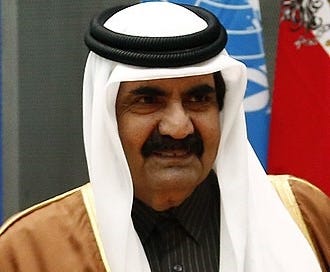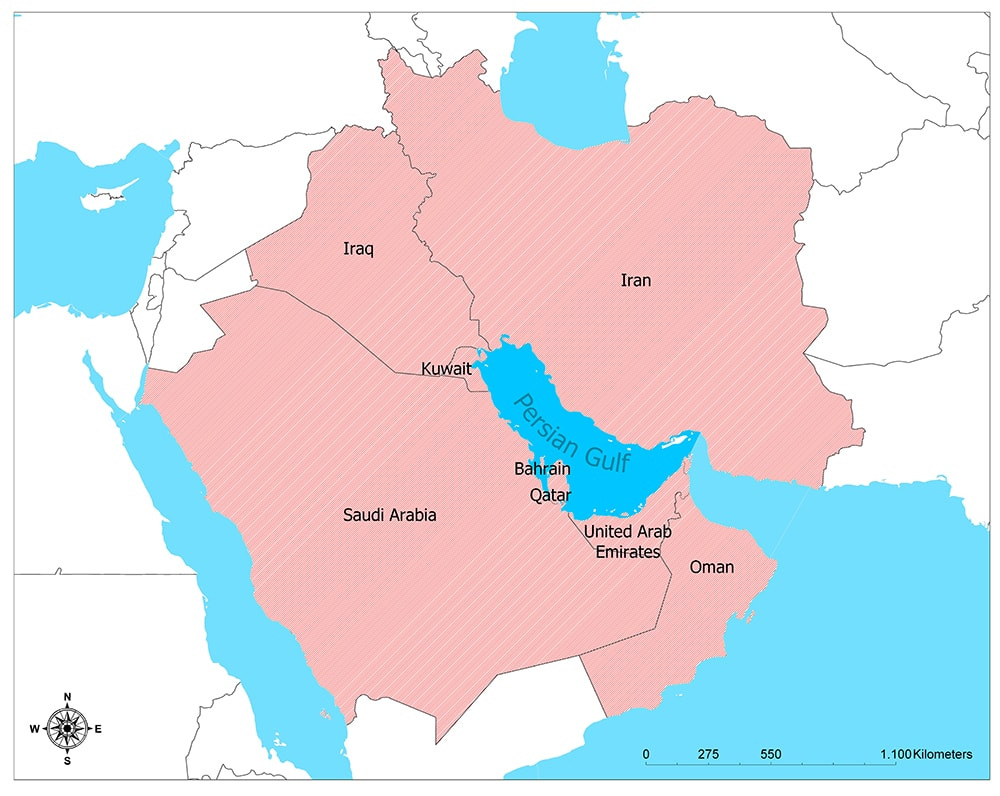The territory of the State of Qatar consists of a 100-mile-long peninsula that protrudes into the Persian Gulf from eastern Arabia. Humans first settled the territory, according to archeological evidence, 50,000 years ago. The region came under the control of the Sasanian Empire, also known as the Second Persian Empire, during the third century of the Common Era.
The local ruler and the people converted to Islam in 628, with the arrival of an envoy of the Prophet. In the middle of the seventh century, the Islamic conquest of Persia brought an end to the Sasanian Empire, which culminated in the emergence of the extensive Abbasid Caliphate by the ninth century. During this period, Qatar was a horse and cattle breeding center as well as a center for pearl hunting and the international pearl trade. The inhabitants were prosperous, and they constructed high quality homes and public buildings. With the disintegration of the Caliphate, the prosperity of …



